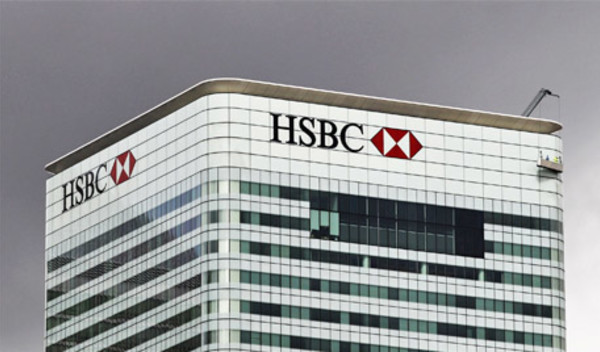

The Baillie Gifford Global Income Growth fund has shifted out of larger, complex banks after a portfolio review saw its managers decide to focus on simpler business models.
In recent months the fund has continued to move away from staple income producers into lesser-known peers which are also less complex.
The proceeds of a sale of HSBC, for example, went to fund purchases of Spanish lender Bankinter and Singapore’s United Overseas Bank (UOB).
The three managers, Dominic Neary, James Dow and Toby Ross, ran a review of the portfolio’s banking exposure and decided to focus on conservatively run, family-owned, “simplistic” banking businesses.
Mr Ross said these characteristics were more common in businesses that outperformed peers and did not cut dividends in times of stress – unlike their larger, global peers.
The £343m vehicle now has 24 per cent in financials but has been concentrating its exposure to firms which Mr Ross said had “organic growth potential” without the need to borrow.
The fund also cut the number of overall holdings in the fund in 2015 as it used the capital from sales to back existing ideas.
It has gradually shifted all exposure to firms that are well-capitalised for investment and those that can grow without external capital.
Alongside selling HSBC to fund rival banks, it also sold out from Vodafone, Amazon, Samsung and Nintendo, and added more to largest holding WPP and UK insurance firm Admiral.
The fund’s focus on companies with lower gearing comes at a time when many staple income producers have tapped capital markets to fund shareholder-friendly policies.
Mr Ross bemoaned the growing number of stocks using this tactic.
“We are always pretty sceptical of businesses that make the trade off to put more debt on the balance sheet to fund cash out to shareholders today. That ends up looking pretty silly in retrospect. Sooner or later that comes to haunt them,” he said.
The fund’s appetite for cash-generative businesses with cash-heavy balance sheets has also seen it make an unusual move into FTSE problem child Pearson.
The education group has seen its share price fall 41 per cent in the year to March 15, hitting a near 10-year low of 657p per share on January 20.
However, the Baillie Gifford managers invested 1 per cent of their portfolio in the stock this January after the firm boosted its balance sheet with a range of disposals.
Pearson sold off the Financial Times business as well as its stake in The Economist, which Mr Ross said changed the investment case.
He also said the firm’s competitors were turning their attention away from Pearson’s core university education strategy, a testament to its stranglehold on the market.
“When we first looked at Pearson we liked the longer-term outlook for its education business – it’s very cash-generative, which we really like, and it is the sort of business that can pay a dividend and grow organically,” said Mr Ross.
“But the question was around the balance sheet. The disposals put that concern to one side.”
The Baillie Gifford Global Income Growth fund has returned 3.3 per cent over the past year, compared with a 1 per cent average loss for the Investment Association Global Equity Income sector. Over three years it has returned 17 per cent, in line with the sector average, according to FE Analytics.




